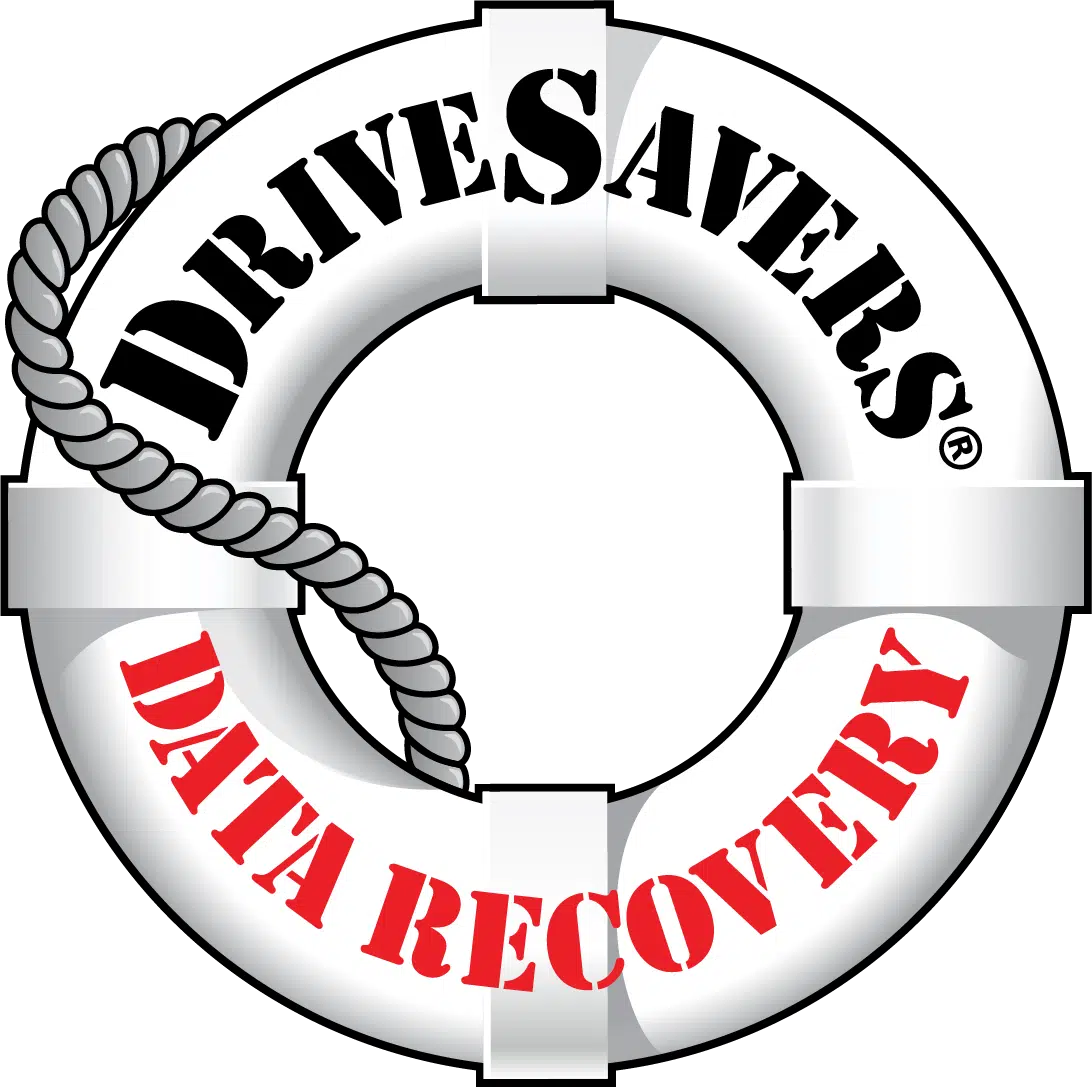Lost Data? Your Next Steps Are Crucial!
To avoid permanent data loss, follow these important guidelines:
- If your hard drive is making clicking, grinding or whirring sounds, shut down the drive or your computer immediately. These sounds could be the read/write heads hitting or scraping the hard disk platters. Severe or complete data loss could result.
- If your data is critical, make sure you choose a reputable recovery firm that can properly recover data from mechanically failed or physically damaged drives. Even the simplest recovery attempts could render your data unrecoverable.
- Avoid “home remedies” you may have read about on the web such as placing a non-spinning hard drive in a freezer or hitting a drive on its side. Much of this information is inaccurate and while some may claim success, these suggestions may actually harm the device and could lead to permanent data loss. We recommend that you do not gamble with your irreplaceable data.
The first recovery attempt is always the best recovery attempt. At DriveSavers, our engineers use the safest methods available to ensure your data is not lost from repeated recovery attempts.
When Disaster Strikes
- If possible, back up your important data immediately.
- Do not use data recovery software if the hard drive makes scraping, tapping, clicking or humming sounds.
- Do not power up a device that has obvious physical damage or is making unusual sounds.
- Shut down the computer to avoid further damage to the drive and its data.
- Do not attempt recovery yourself on severely traumatized drives (wet, dropped, etc.).
- If you’ve lost critical data, DriveSavers recovery service is your best and safest option.
- Never assume data is unrecoverable.
- DriveSavers has successfully recovered data from hundreds of thousands of drives with extreme physical and logical damage.
Preventing Data Loss
Everyone should adopt strategies to ensure critical information is protected from corruption and loss.
Best Practices:
- Never upgrade to a new version of an operating system without having a verified backup.
- Use up-to-date hardware and software utilities for data security, such as firewalls and virus protection.
- Scan all incoming data; such as emails, websites and downloads for viruses and malware.
- Connect computers to an uninterruptible power supply (UPS) to protect against power surges.
- Avoid static discharge when touching or handling any storage media, especially in excessively dry environments.
Backup Strategies:
- Invest in redundant backup systems. Use a direct attached backup device for your computer and an additional network or cloud-based backup.
- Establish a structured daily backup procedure to make copies of all critical data files.
- Periodically test the backups by restoring a few files and verifying the data.
